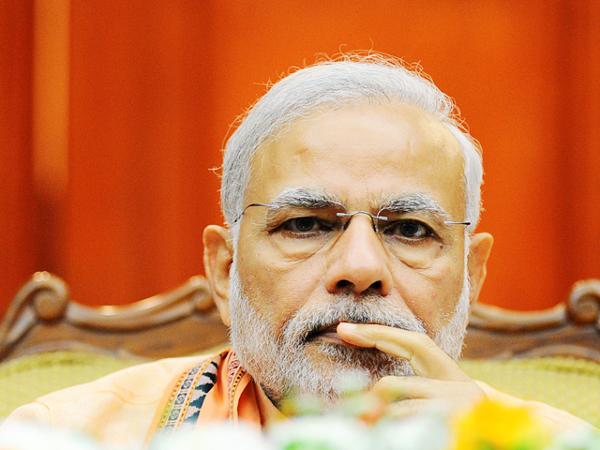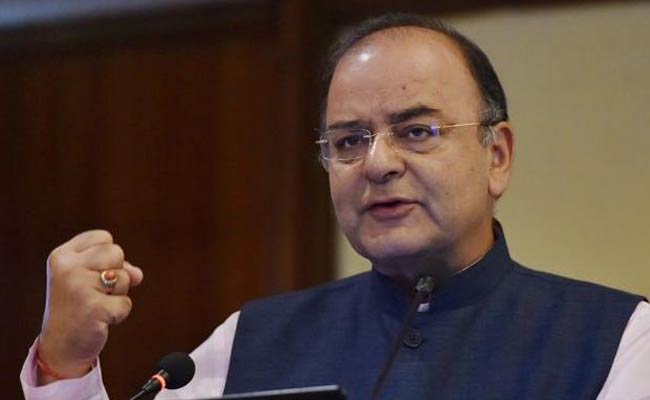New DELHI: India has triggered the escape clause on dozens of bilateral investment treaties, aiming to renegotiate toward securing better protection from foreign litigation.

The notifications, issued earlier this year, effectively let governments know they have 12 months to broker new treaties before the old ones expire. The changes India seeks could make it harder for foreign investors to legally challenge government decisions that negatively affect their businesses in India.
But observers say the move could potentially backfire by spooking investors and ultimately jeopardizing Prime Minister Narendra Modi’s top priority — bringing in new business from abroad.
Already some have voiced concern.
In a letter to India’s commerce and finance ministers, the European commissioner for trade warned that India’s notifying “a significant number” of European Union nations could “have serious consequences” if Brussels cannot negotiate a replacement by next April.
“It would create a gap in investment protection and consequently discourage EU enterprises from further investing in India,” Commissioner Cecilia Malmstrom said in the letter, dated May 25. Some investors “may perceive the investment climate as deteriorating,” while some may be unable to secure financing without treaty protections in place.
“Such an outcome would run contrary to the efforts of attracting more investment to India,” the letter said. “I truly hope that India will not opt for such a radical policy shift with regard to investment from the EU.”
(Sourced from Agencies, Feature Image Courtsey: economictimes.indiatimes.com)
























